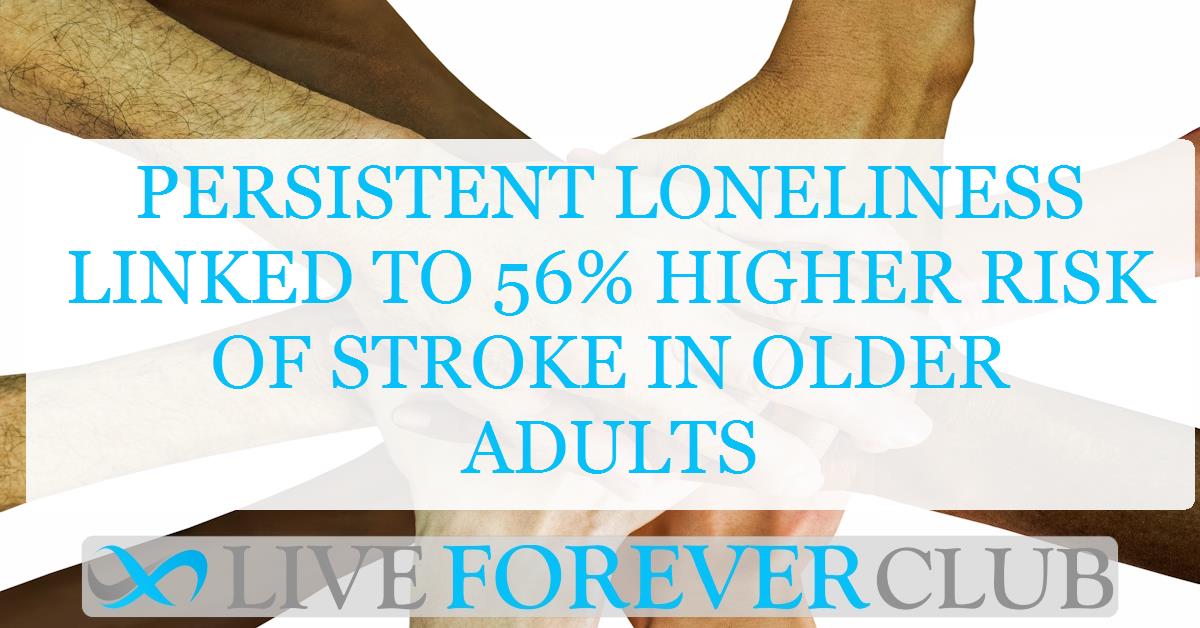Key points from article :
A Harvard University study published in eClinicalMedicine found that individuals over 50 who reported feeling lonely over several years had a 56% increased risk of stroke compared to those who consistently felt less lonely.
Researchers analyzed data from over 12,000 participants in the University of Michigan's Health and Retirement Study, tracking their loneliness levels and stroke incidence between 2006 and 2018.
While those experiencing short-term loneliness didn't show an increased stroke risk, the study suggests that chronic loneliness plays a significant role in the development of stroke, a leading cause of disability and death worldwide.
The increased risk of stroke among chronically lonely individuals remained significant even after accounting for factors like social isolation and depression, which are often associated with loneliness.
Researchers suggest that loneliness may contribute to stroke risk through physiological mechanisms like heightened blood pressure and weakened immunity, as well as potentially unhealthy lifestyle choices.
The study emphasizes the importance of repeatedly assessing loneliness to identify individuals at higher risk of stroke and highlights the need to address chronic loneliness as a public health concern.








